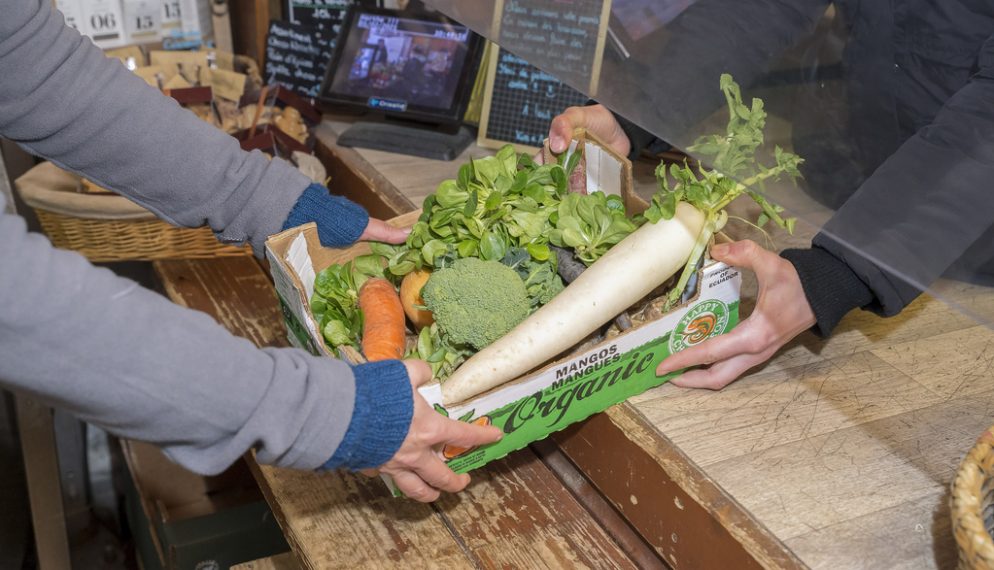
Brussels cannot destroy the European food production!
2021. 10. 26.
The European Parliament’s plenary session held a plenary debate on the “Farm to fork” strategy that aims to put food sustainability on a new footing. Fidesz MEP Edina Tóth in her plenary speech pointed out that the strategy confronts with insurmountable tasks for farmers and threatens the future of the European agriculture. Hungary and Hungarian farmers are committed in creating a more sustainable environment, but with the proposals that are part the Green Deal hiding behind environmental and climate protection, Brussels would set unfeasible targets. “Environmentalism and agriculture are inseparable. Neither should fall victim to unrealistic climate protection daydreams that are completely delusory,” added Fidesz MEP Balázs Hidvéghi.
MEP Edina Tóth in her plenary speech emphasized: “The strategy would place such a heavy burden on the agricultural sector that many would cease their activities, food prices would skyrocket and products from third countries entering EU markets would not even comply with the current regulations.”
“There is no question that we need to act on climate protection. But farmers cannot solely bear the whole burden. After all, their work is the foundation of our food supply. If we want them to continously produce sufficient and high quality food, we cannot paralyse them with unachievable climate protection regulations. Environmentalism and agriculture are inseparable. Neither should fall victim to unrealistic climate protection daydreams that are completely delusory,” added MEP Balázs Hidvéghi, Fidesz MEP.
At the end of her speech, MEP Edina Tóth questioned First Vice-President Frans Timmermans responsible for the topic regarding the concealed study carried out by the European Commission earlier this year that already draws attention to the negative effects of the strategy. “It’s time to see clearly!” We cannot allow the EU’s competitiveness and food security to be jeopardized because of the manifestly unattainable requirements of the strategy and the absence of alternative solutions,” Edina Tóth pointed out.
Background: On 20 May 2021 the Commission published the Communication on the Farm to Fork Strategy (F2F), a key element of the European Green Deal. The Commission intends to help to achieve the 2050 climate neutrality target, while also makes proposals to strengthen producers’ incomes and maintain the EU’s competitiveness. The strategy identifies three main areas for the transition: the necessary transformation of the elements of the food chain, the encouragement of the transition and the role of initiative in the global transition. However, the strategy contains a number of objectives that do not address potential impacts, appear to be unachievable or their detailed discussion raises serious debates. A study carried out by the European Commission in early 202 that was hidden from the public until very recently already highlights the negative effects of the strategy, according to which the stated goals would place a heavy burden on agricultural sector.